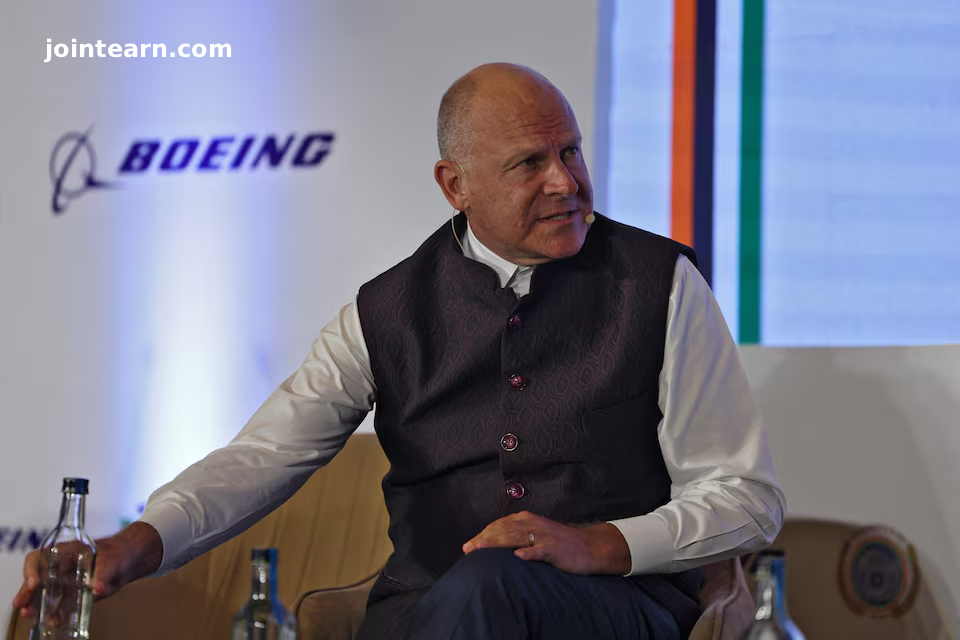
New Delhi, October 29, 2025 – Air India’s CEO Campbell Wilson publicly addressed the airline’s challenges on Wednesday for the first time since a tragic Boeing 787 Dreamliner crash in Ahmedabad in June that claimed 260 lives. Wilson emphasized the airline’s commitment to improving internal practices and operational safety as it navigates a “challenging” year.
The Tata Group-owned carrier has been under intense scrutiny following the accident, with reports highlighting serious operational lapses. These included running aircraft without properly checked emergency equipment, delays in engine maintenance, forged records, and issues related to crew fatigue management.
At the Aviation India 2025 event in New Delhi, Wilson stated, “We’re always looking at how we can keep improving. This year will be quite challenging from a business perspective, and we’re also working closely with investigators.”
Interim Investigation Findings
India’s air accidents investigating agency released an interim report earlier this year, revealing that the plane’s fuel engine switches almost simultaneously flipped from run to cutoff shortly after takeoff. These findings underscore the importance of enhanced operational protocols and stringent compliance with safety standards.
Additional Challenges: Airspace and Fleet Constraints
Beyond internal safety issues, Air India faces operational hurdles due to delayed aircraft deliveries and geopolitical tensions, both of which have affected airline performance. Following a violent attack on Hindu tourists in Indian-administered Kashmir in May—which killed 26 people—India and Pakistan engaged in their fiercest military conflict in decades. Subsequent closures of each country’s airspace to the other’s airlines have created additional logistical and scheduling challenges.
Wilson noted, “Airspace constraints are a challenge to on-time performance,” highlighting the impact of international tensions on operational efficiency. Despite these obstacles, Air India aims to stabilize its services while ensuring strict adherence to safety standards and regulatory compliance.
Looking Ahead
The airline’s public acknowledgment of these issues and its commitment to internal reforms represent a critical step in rebuilding trust with passengers, investors, and regulators. Experts suggest that Air India’s recovery will depend not only on improved operational practices but also on navigating geopolitical uncertainties, modernizing its fleet, and reinforcing aviation safety standards across all levels of operations.


Leave a Reply